

Hindu scriptures are replete with profound mantras that hold deep spiritual significance. In this exploration, we delve into the essence of select mantras from Hindu scriptures, including the Kardarshanam Shloka, Ganesha Shlokha, Gayatri Mantra, Food Mantra, and Shiv Yajur Mantra, unraveling their meanings and significance.
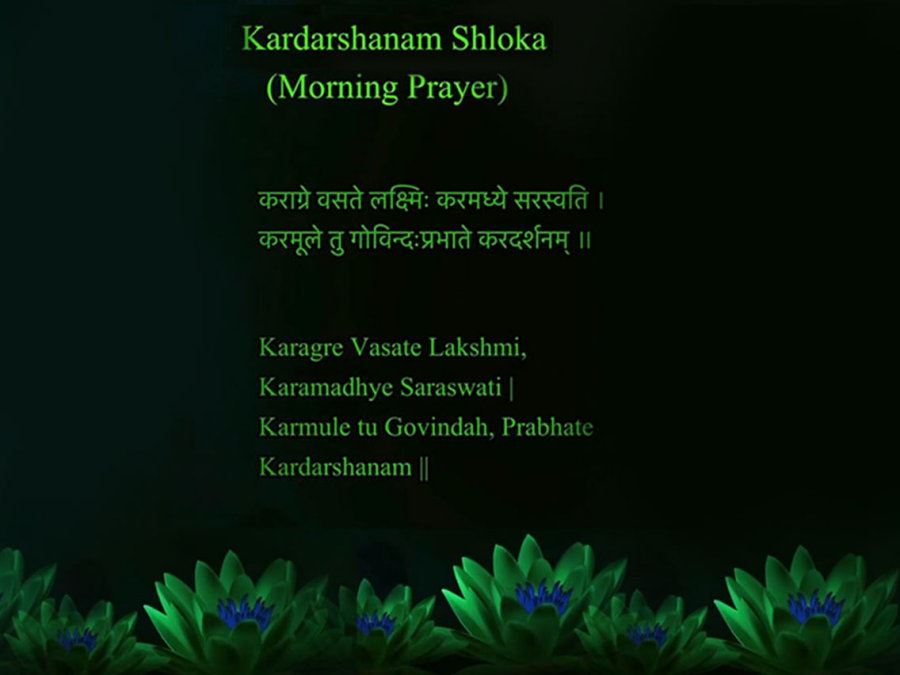
Explanation:
This shloka from the Mahabharata asks for forgiveness for any unintended harm caused to living beings during agricultural activities. It underscores the Hindu principle of ahimsa (non-violence) and highlights the importance of mindfulness and compassion in all actions, no matter how ordinary they may seem.
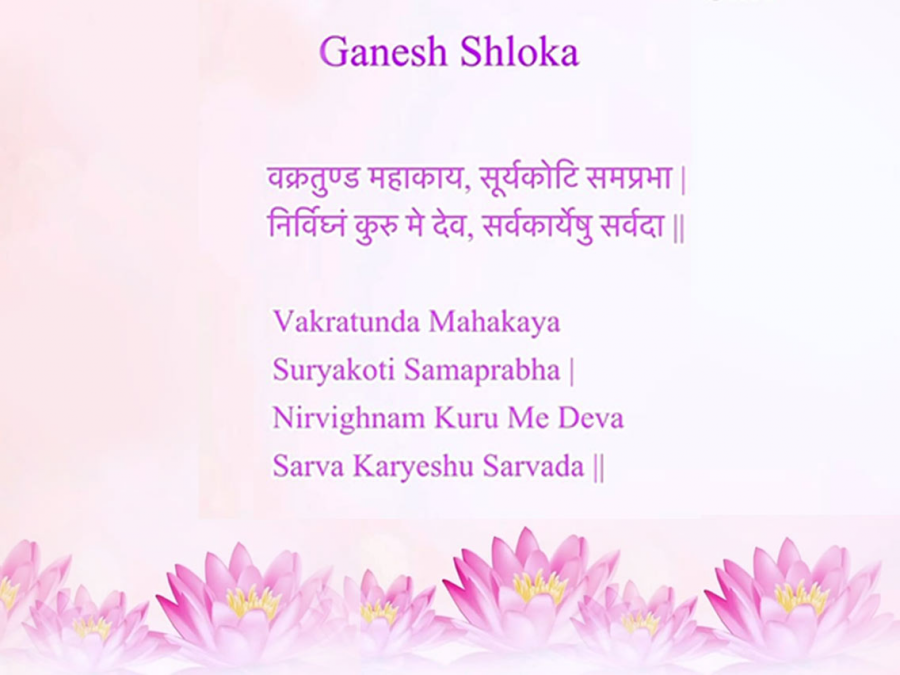
Explanation :
The "Vakratunda Mahakaya" shloka praises Lord Ganesha, seeking his blessings for success and auspiciousness in new endeavors. Ganesha, the remover of obstacles, symbolizes intellect and wisdom. Reciting this shloka signifies the importance of seeking divine guidance for smooth progress in life.
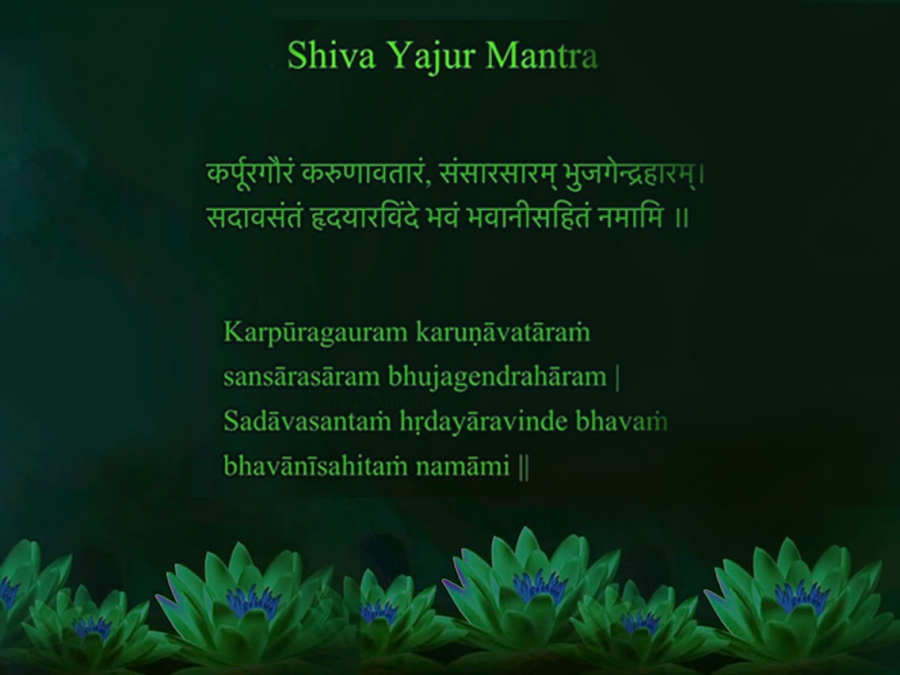
Explanation :
The Shiv Yajur Mantra is a sacred hymn devoted to Lord Shiva, the destroyer and transformer in Hindu mythology. It calls upon Shiva's divine presence for spiritual growth, protection, and liberation from worldly attachments. Reciting this mantra purifies the mind and brings peace and harmony to the practitioner's life, fostering a deeper connection with the divine.

Explanation:
This mantra acknowledges the divine feminine energy, Shakti, present in all beings and throughout the cosmos. It reveres this universal energy as the source of power and vitality in various forms. Chanting it seeks blessings and protection from the goddess, invoking her presence for strength, wisdom, and auspiciousness. The repetition of "Namastasyai" expresses deep reverence towards the divine feminine, recognizing its omnipresence and supreme power.
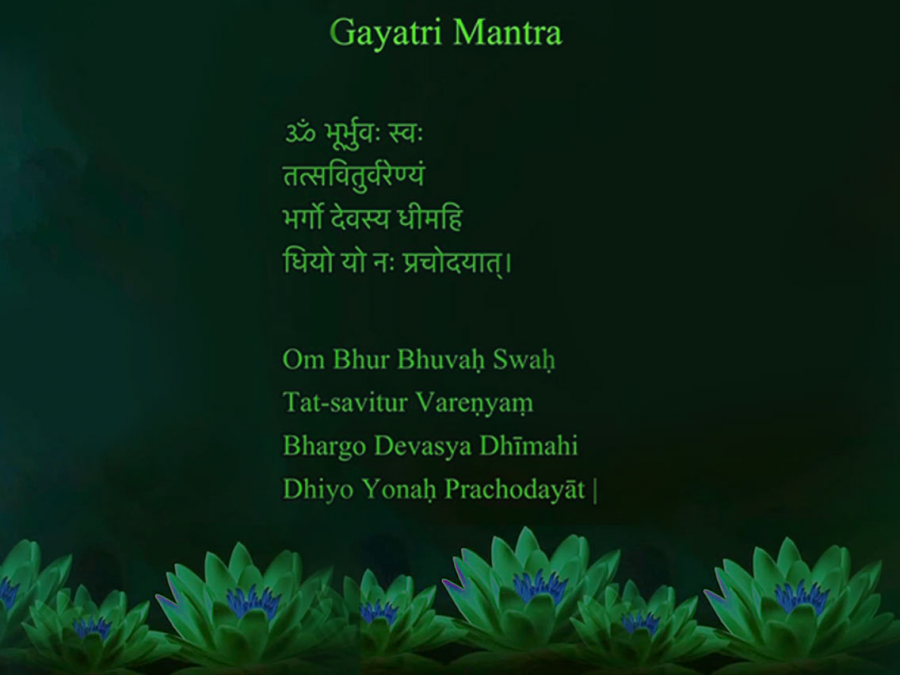
Explanation :
The Gayatri Mantra is a revered Vedic mantra dedicated to Goddess Gayatri, symbolizing wisdom. It invokes enlightenment and spiritual awakening by worshiping the sun, the source of energy and light. Reciting it purifies the mind, dispels ignorance, and guides towards self-realization and inner peace.
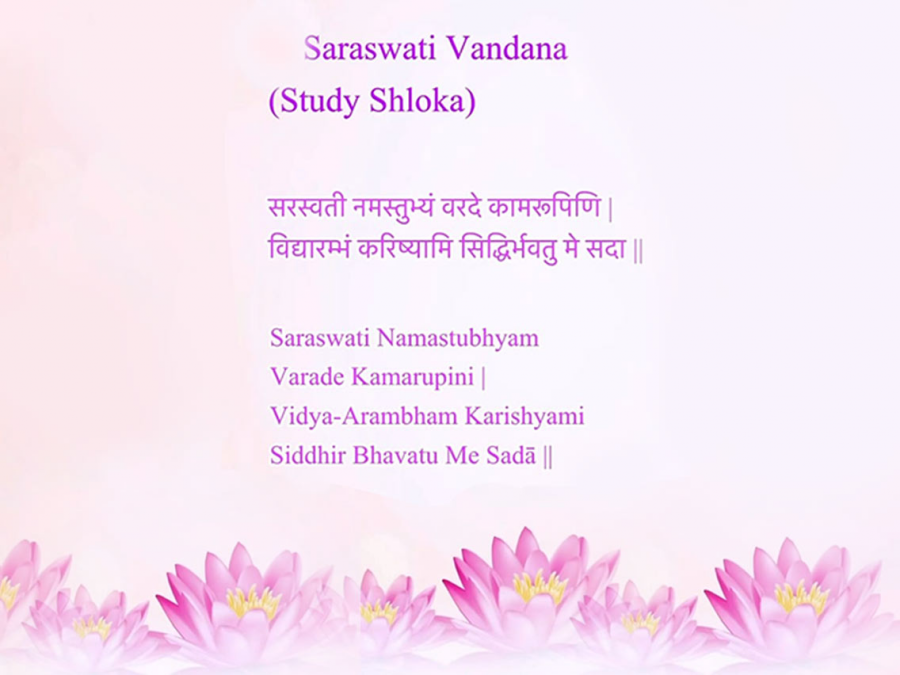
Explanation :
The "Saraswati Namastubhyam" mantra is a humble acknowledgment of Goddess Saraswati, representing knowledge and enlightenment. By invoking her blessings, individuals seek to enhance cognitive abilities, gain clarity of thought, and excel in academic or creative pursuits.
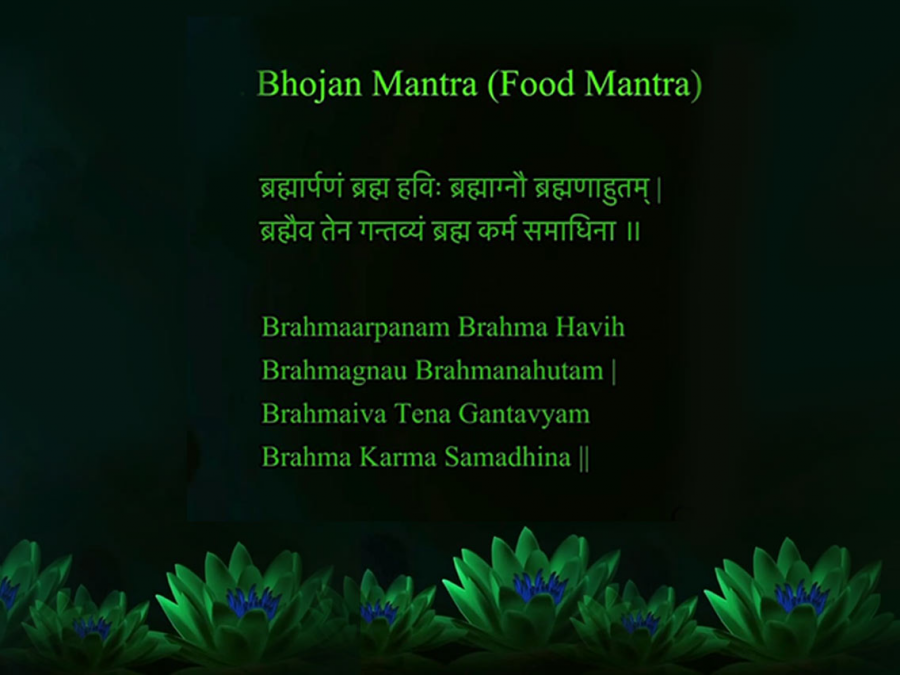
Explaination :
This mantra, recited before meals, expresses gratitude to the divine for providing nourishment and sustenance. It recognizes the interconnectedness of all beings and the divine grace that sustains life. By chanting this mantra, one cultivates gratitude and reverence towards food, promoting mindfulness in eating habits and fostering a deeper appreciation for the blessings of sustenance.




